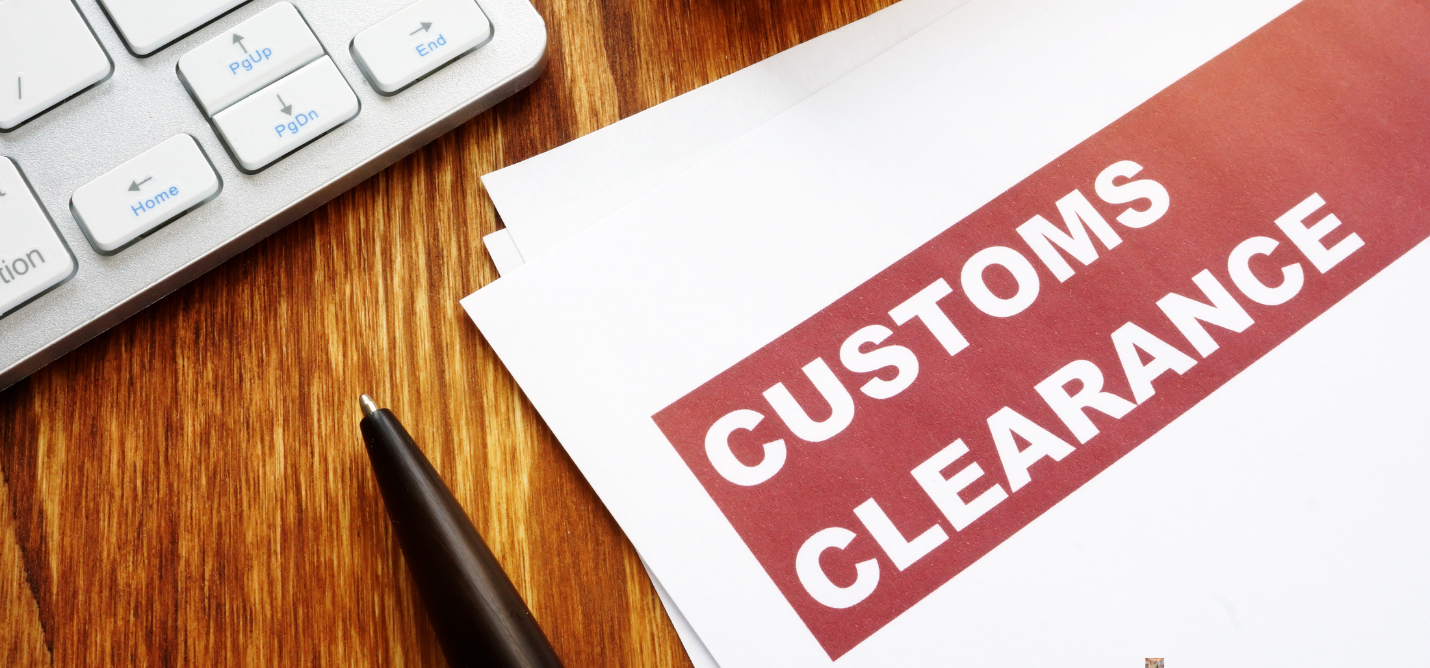
Navigating customs clearance is crucial in international shipping. It ensures goods meet legal requirements, duties are paid, and deliveries are not delayed. Incorrect documentation or non-compliance can lead to fines, financial loss, or shipment seizures.
Understanding customs procedures in both China (export) and the destination country (import) is essential for any business. Whether you are an experienced importer or new to international trade, knowing the rules for tariffs, taxes, and regulations ensures smoother transactions.
This guide covers the key considerations for customs clearance, required documentation, and tips for avoiding common mistakes.
1. Why Customs Clearance Matters
Customs clearance ensures goods comply with legal requirements when entering a country. Authorities in both the exporting and importing countries enforce these rules. Key purposes include:
- Ensuring goods follow local laws and regulations.
- Collecting appropriate tariffs, taxes, and duties.
- Correctly classifying goods to determine duties.
- Meeting safety, health, and environmental standards.
Failure to comply, provide accurate documentation, or pay correct duties can result in delays, fines, or confiscation. Customs clearance is often the most complex part of international shipping, so proper management is essential.
2. Customs Clearance Process in China
China-based exporters must ensure their goods meet Chinese customs regulations and submit proper documentation.
Key Steps:
Declaration of Goods:
Submit invoices, packing lists, and certificates of origin. Declarations are often done electronically by the exporter or freight forwarder.
Customs Inspection:
Authorities may inspect shipments to confirm compliance and verify documents. They check for restricted or prohibited items.
Payment of Duties and Taxes:
Customs duties, Value Added Tax (VAT), and consumption tax apply depending on product category and value.
Approval for Export:
Once documentation and inspections are complete, customs clears the shipment for export.
Tip: Hiring a customs broker can help prevent delays and ensure all documents are correct.
3. Required Documentation for Customs Clearance
Proper documentation is essential for smooth clearance. Key documents include:
- Commercial Invoice: Lists goods, value, and payment terms. Used to calculate duties and taxes.
- Packing List: Details the quantity and type of goods in the shipment.
- Certificate of Origin: Confirms the country of origin and determines applicable tariffs.
- Bill of Lading (BOL): Proof of ownership issued by the shipping company. Needed for cargo release.
- Import/Export Declaration Form: Submitted to authorities, declaring compliance with laws.
4. Import Duties and Taxes
Understanding tariffs and taxes is critical for accurate budgeting.
Key Factors:
- Customs Tariffs: Rates vary by product classification (HS code) and country of origin.
- Value Added Tax (VAT): Charged on imported goods, including shipping and insurance costs.
- Excise/Consumption Tax: Applies to goods like alcohol, tobacco, and luxury items.
Tip: Include all duties and taxes in your budget to avoid surprises.
5. Common Pitfalls in Customs Clearance
Several mistakes can delay shipments or increase costs:
- Incorrect Declarations: Misclassifying or undervaluing goods can lead to fines or confiscation.
- Incomplete Documentation: Missing invoices or certificates delay customs processing.
- Failure to Pay Duties and Taxes: Non-payment can halt shipments.
- Customs Inspections: Goods not meeting regulations can face extended inspections.
6. How YIWU AL FAJAR SHIPPING & LOGISTICS Can Help
We simplify customs clearance for international shipments.
Our Services Include:
- Expert Guidance: We ensure all documents are complete and accurate.
- Customs Broker Services: Our brokers expedite clearance and minimize delays.
- Tariff & Tax Calculation: We calculate all duties and taxes to prevent unexpected costs.
- Inspection Coordination: We manage inspections for quick resolution.
- Global Shipping Support: From China to any destination, we handle export and import clearance efficiently.
Tip: Partnering with YIWU AL FAJAR SHIPPING & LOGISTICS ensures compliance, proper documentation, and timely delivery.
Contact Us
Simplify customs clearance with YIWU AL FAJAR SHIPPING & LOGISTICS. Focus on your business while we handle logistics.
Phone: +86-18868487271
Email: hemu@alfajar.cn
Address: No. 689 Gongren’ North Road, 425, 4th Floor, Yiwu Foreign Trade Morning Building, Yiwu, Zhejiang, China

